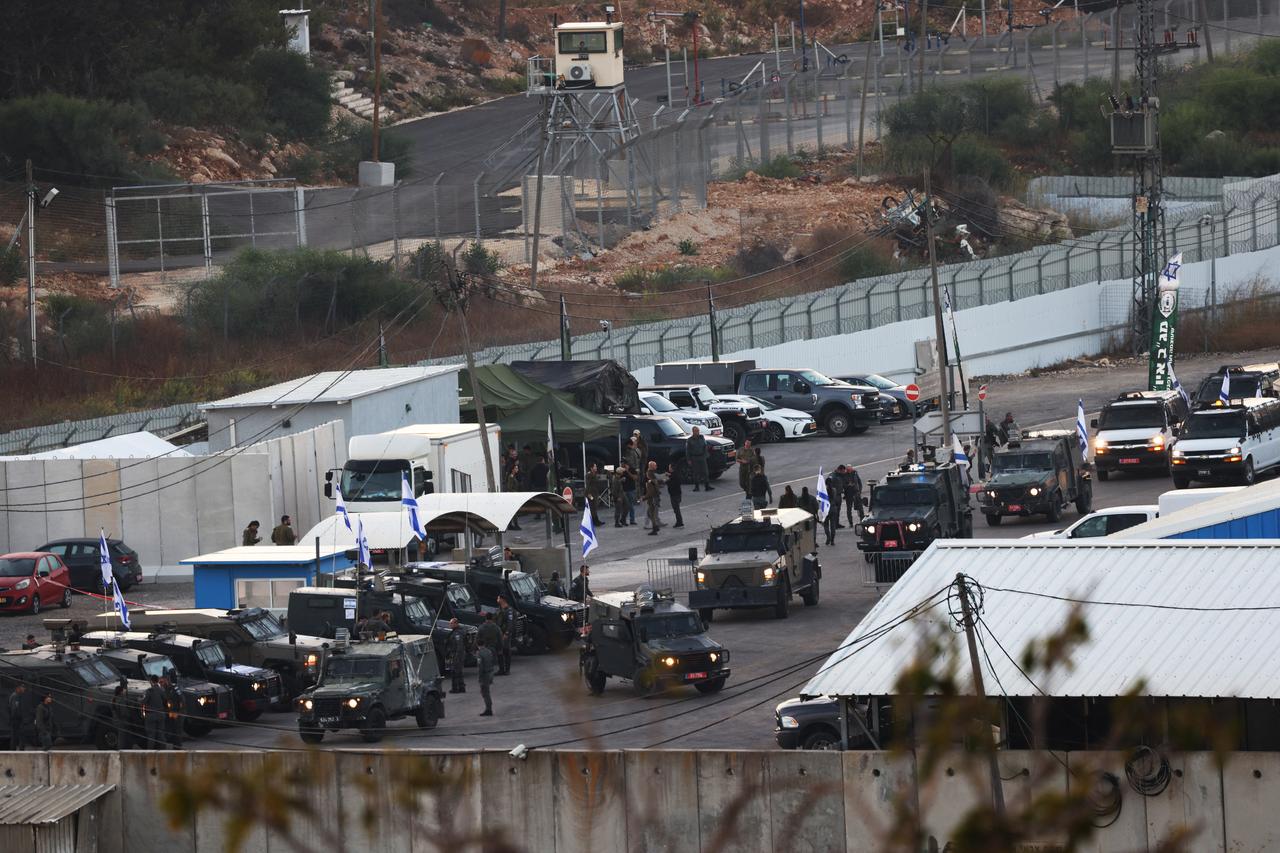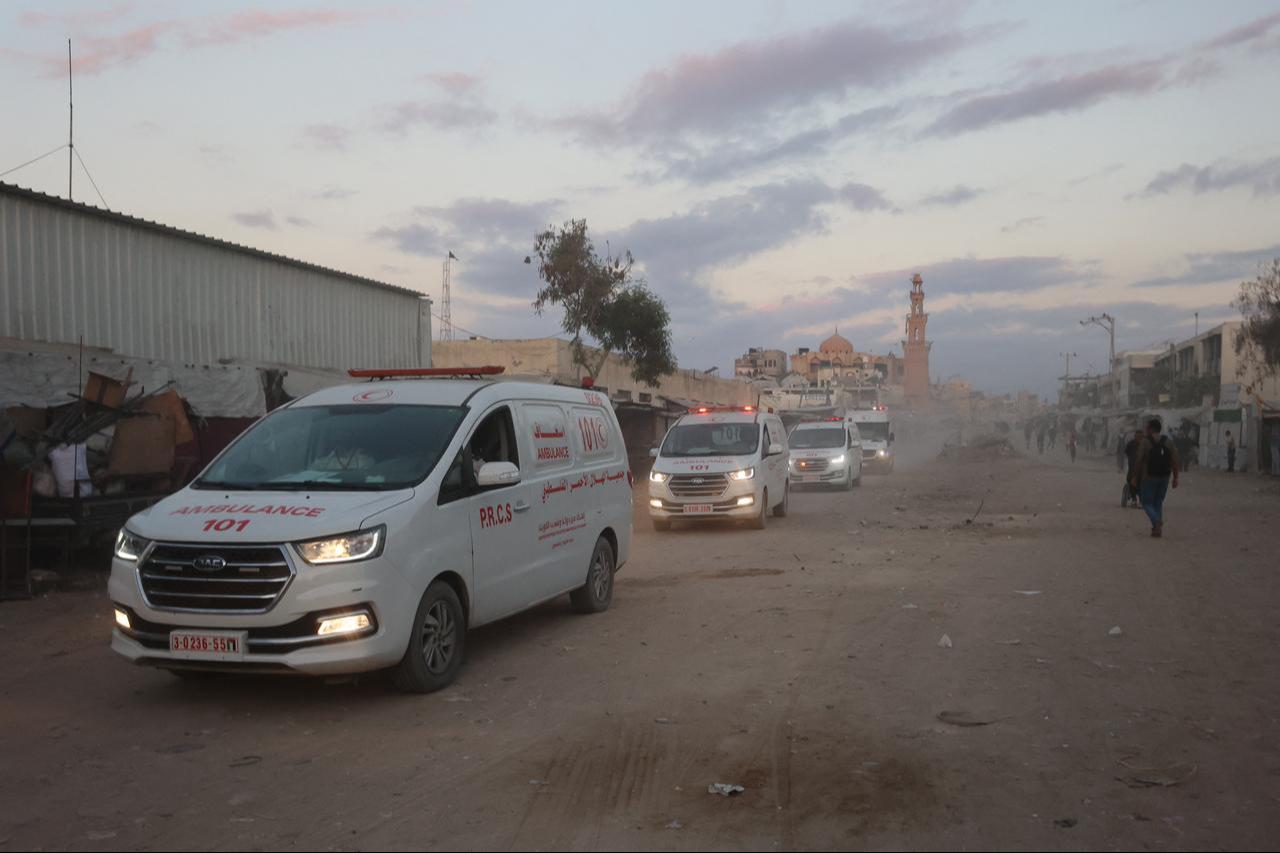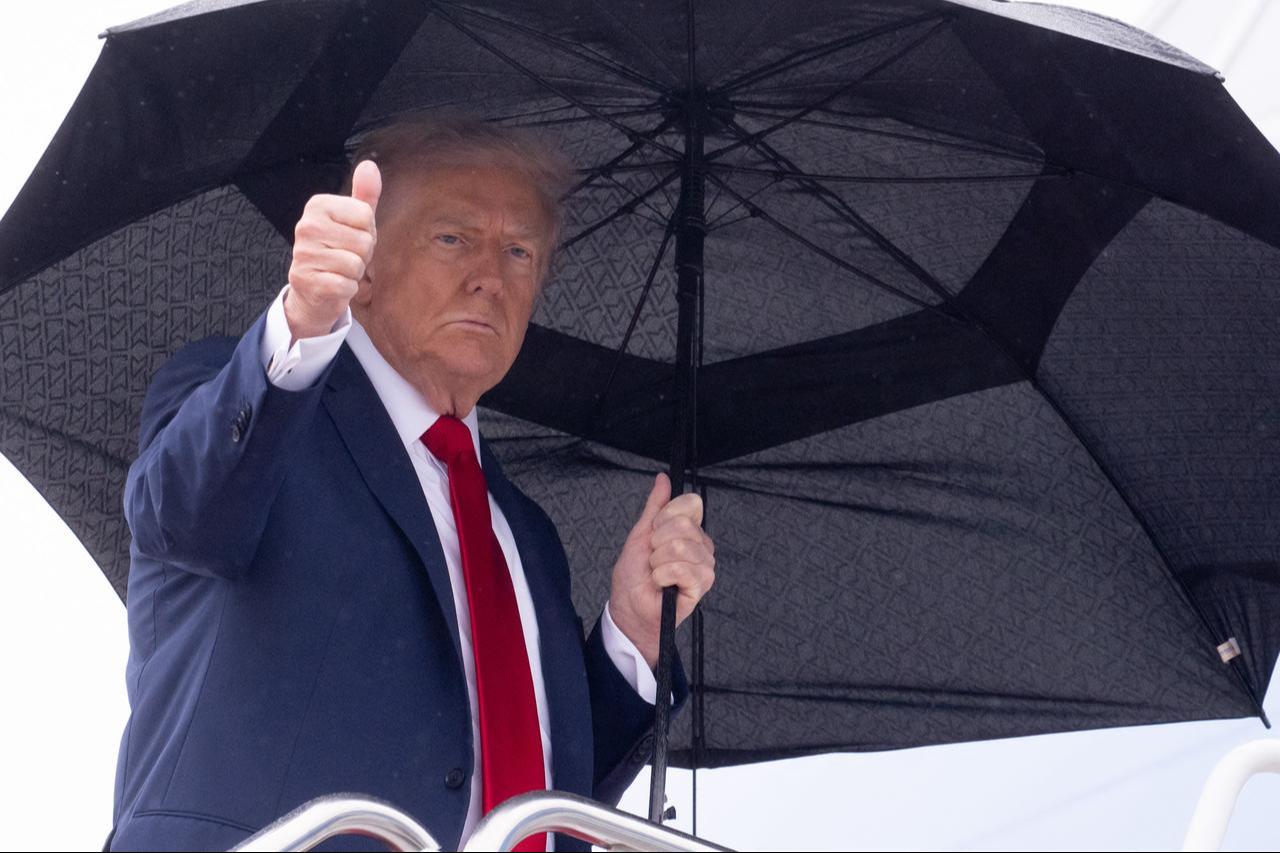
The International Committee of the Red Cross (ICRC) confirmed on Monday that the process of releasing Israeli hostages in Gaza has begun, the first phase of the newly signed ceasefire agreement between Israel and Hamas.
According to the Israeli media, seven hostages were transferred early Monday to Red Cross teams, which are overseeing the handover and transportation.
Hamas’s armed wing said it was preparing to release all living hostages and published a list of 20 names.
Israel’s military confirmed that Red Cross teams were en route to collect the first group of captives from a meeting point in northern Gaza.
Israel expects all 20 living hostages to be released to the Red Cross "early Monday morning," a spokesperson for the Prime Minister’s office said.
In return, Israel will free over 2,000 Palestinian prisoners in what officials describe as the largest such exchange in years.
The exchange follows Israel’s approval of the ceasefire framework late last week, which stipulates the full withdrawal of Israeli forces from Gaza once all hostages are released.
The agreement also includes guarantees for humanitarian aid deliveries and the gradual resumption of civilian access to the enclave.
Under the terms of the U.S.-brokered ceasefire, negotiators were still in talks late Sunday, with two Hamas sources telling Agence France-Presse (AFP) that the group was pressing Israel to include seven senior Palestinian leaders among those to be released—a demand Israel had previously rejected.
Despite ongoing differences, Hamas stated it had “completed all preparations” to hand over all surviving hostages.
Israel does not expect all deceased hostages to be returned on Monday. Under the broader agreement, Hamas is to release the remains of 47 abductees—both living and deceased.
The group is also expected to hand over the body of a soldier killed during the 2014 Gaza conflict.

U.S. President Donald Trump arrived in the region for a brief two-day visit to showcase his administration’s role in brokering the ceasefire and hostage release deal.
Speaking aboard Air Force One, he described the trip as "very special" and dismissed concerns about whether the truce would endure.
"I think it’s going to hold. I think people are tired of it. It’s been centuries," Trump told reporters. "The war is over. Okay? You understand that?"
During his stay in Israel, Trump is expected to meet with families of Israeli hostages before addressing the Knesset, Israel’s parliament, in Al Quds.
Trump’s peace roadmap, first unveiled in late September, calls for the eventual withdrawal of Israeli forces from Gaza once all hostages are released. A U.S.-led multinational force would then replace Israeli troops to maintain security and coordinate reconstruction efforts.

A new administrative body for Gaza—which Trump said he would personally oversee—would be established "very quickly," as Israel conducts a partial withdrawal.
Following his visit to Israel, Trump will travel to Egypt, where he and President Abdel Fattah el-Sisi will co-host a summit of over 20 world leaders to endorse the Gaza peace plan and discuss long-term regional stability.
Trump said he had obtained "guarantees" from both Israel and Hamas, as well as key regional actors, for the initial and future stages of the deal.
He also expressed his intention to visit Gaza "proudly," though he acknowledged that such a trip would depend on security conditions.
The Israeli offensives in Gaza have killed at least 67,806 people since Oct. 7, 2023, according to figures from the territory’s health ministry.
As the ceasefire takes effect, Red Cross convoys continue coordinating humanitarian operations in Gaza, while negotiators work to finalize the sequence of prisoner releases and postwar arrangements.